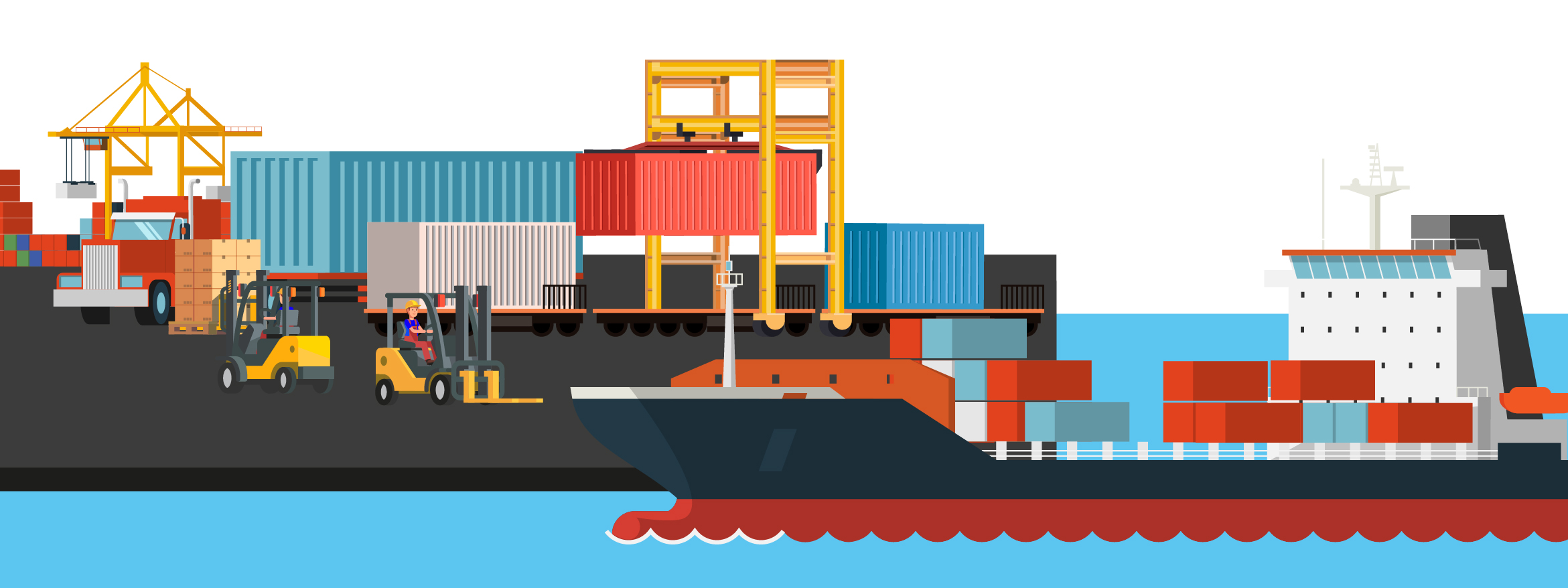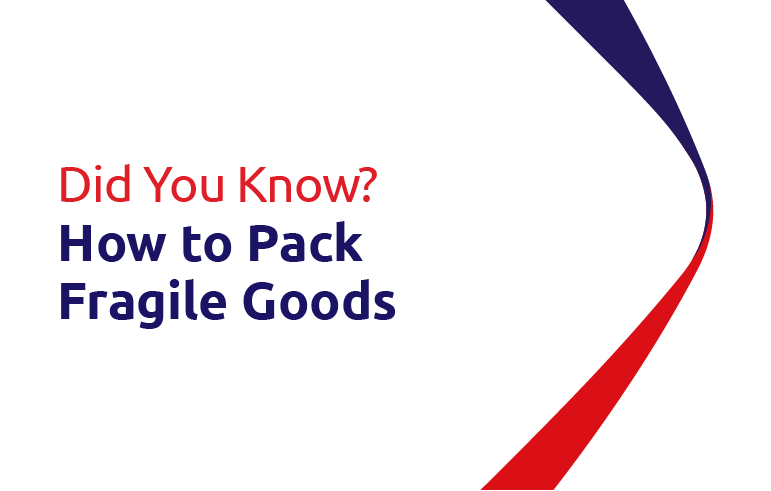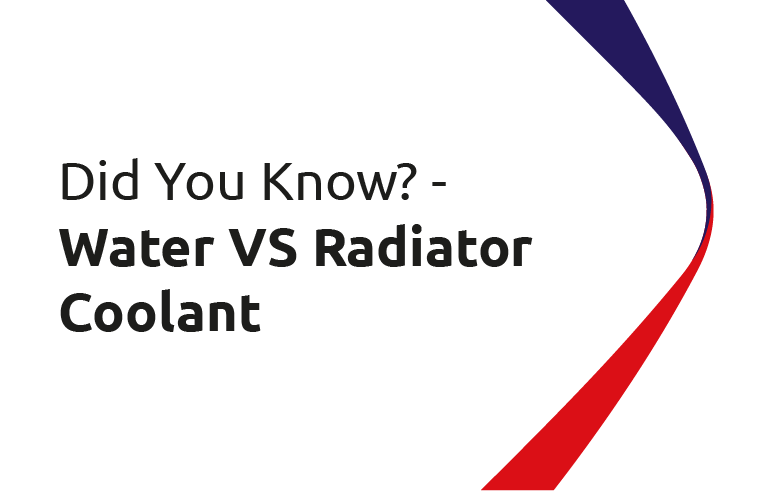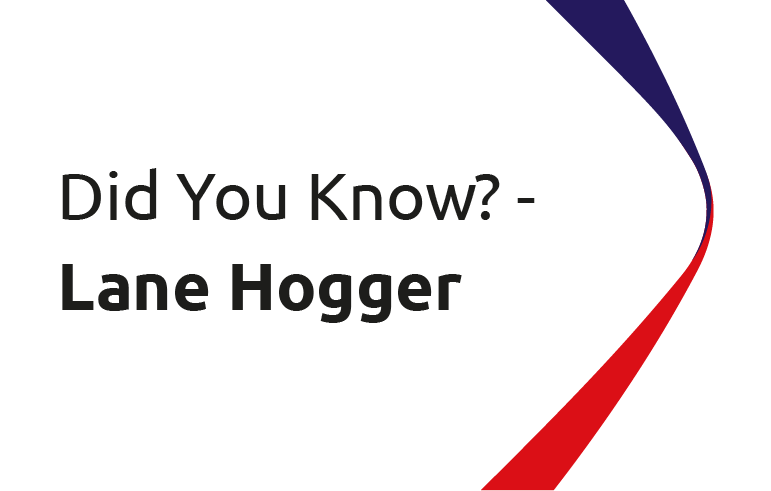Did You Know? - Why Should Buy Marine Cargo Insurance (Part 1)

Marine Cargo Insurance and Carrier Liability are two distinct concepts related to transporting goods, especially in the context of maritime shipping. They serve different purposes and provide various types of coverage. Knowing the difference between Marine Cargo Insurance and Carrier Liability is essential for making informed decisions about risk management, complying with contractual requirements, and ensuring adequate protection for shipped goods. Here are the critical differences between Marine Cargo Insurance and Carrier Liability. Let's explore each term:
Marine Cargo Insurance
Definition
Marine Cargo Insurance is a type of insurance that provides coverage for loss or damage to goods during transit by sea, air, or land. It protects the interests of the cargo owner (usually the seller or buyer of the goods) against various risks, such as theft, damage, or loss during transportation.
Coverage
Marine Cargo Insurance typically covers a wide range of perils, including but not limited to accidents, sinking, fire, piracy, and other unforeseen events. The coverage can be tailored to meet the specific needs of the cargo owner.
Parties Involved
The policy is usually taken out by the cargo owner, who pays the premium to the insurance company. In the event of a claim, the cargo owner can file a claim with the insurer to seek compensation for the loss or damage to the goods.
Carrier Liability
Definition
Carrier Liability refers to the legal responsibility of the transportation service provider (such as a shipping company, airline, or trucking company) for the goods being transported. This liability is often limited and governed by international conventions and national laws.
Coverage
The carrier is responsible for the safe delivery of the goods but may not be liable for specific risks or events beyond their control, known as "exempted perils." The extent of Carrier Liability can vary based on the mode of transportation and applicable regulations.
Limitations
Carrier Liability is often limited to a certain amount per unit of weight or a fixed amount per package, as stipulated in transportation contracts and international conventions (e.g., The Hague-Visby Rules for maritime transport).
Key Differences Between Marine Cargo Insurance and Carrier Liability
Scope of Coverage
Marine Cargo Insurance provides broader coverage, protecting against a wide range of risks, including those beyond the carrier’s control. However, Carrier Liability is more limited and may not cover certain events or may have predefined limits.
Party Responsible
Marine Cargo Insurance is typically the responsibility of the cargo owner to purchase the insurance. Carrier Liability is the legal responsibility of the transportation service provider.
Claims Process
In the case of damage or loss, the cargo owner would file a claim with the insurance company for Marine Cargo Insurance. In contrast, for Carrier Liability, the cargo owner may need to pursue a claim against the carrier according to the terms outlined in the transportation contract or relevant regulations.
In practice, shippers often consider both Marine Cargo Insurance and Carrier Liability to ensure comprehensive coverage for their goods during transportation. Considering the many risks involved during shipping, equipping your shipment with adequate insurance coverage is crucial. This insurance covers the main risks that your business faces while ensuring that you can have peace of mind in running your business operations.
Hopefully, the information above can enrich your insight into the importance of Marine Cargo Insurance and how it differs from Carrier Liability. If you need further explanation regarding the terms and conditions of the policy, please contact us on 021 - 2523110 and we will be happy to assist you.



